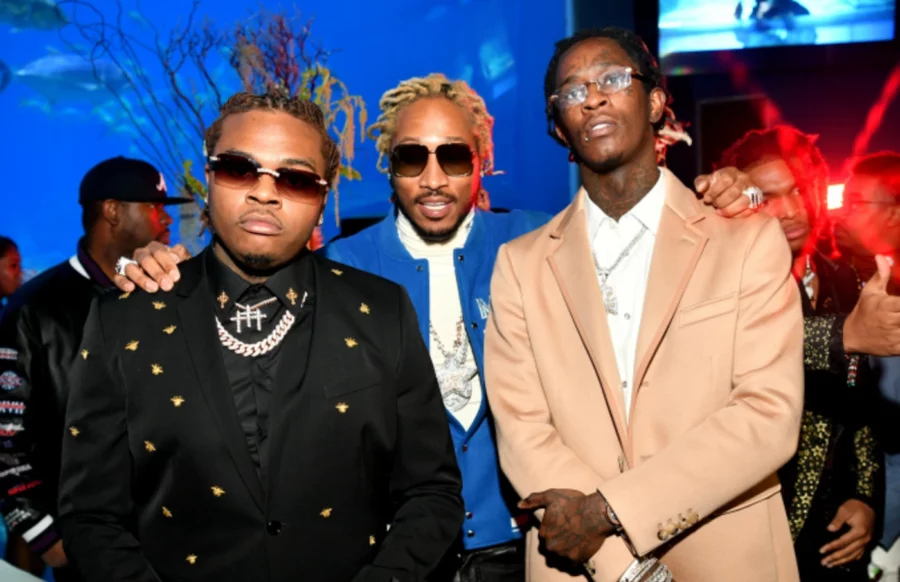Hip-hop artists are repeatedly charged for criminal activity at a consistent rate. This surge of back-to-back cases, most recently Young Thug and Gunna, highlight how rap and hip hop have this seemingly intrinsic connection with the police. Iconic songs we all know and love from these genres have been born from street life. Artists can oppose the police, detail their interactions with them, and allegedly record activities that can later be considered incriminating. There are even corrections officers turned rappers. All these connections lead to the question, will hip-hop’s ties to police and the criminal justice system ever be severed?

The Artist vs The System
Criminally indulgent behaviors become like rites of passage for rap stardom. The promise of sales and popularity alone can influence artists to keep participating in these activities (or begin to) to ensure commercial success. For the type of content that is publicly celebrated, some of the onus can be placed on the consumer. The listener can enjoy the lifestyle of the street, except they have the option to disconnect. They are far removed from the reality and consequences it brings. Art has always been a recollection of life’s truths, good, bad, ugly, or criminal. By introducing people to worlds they are unfamiliar with, there is an introduction to a level of palatable danger. A danger the consumer has on-hand access to participate in until the song is over. Unlike the artist.
This influx in cases of fraud, gun possession, and others, can show how artists are connected to the rest of us. Just as regular civilians are adjusting to the new realities of employment and social life, so are celebrities. In rap culture, there is this obsession with never going broke or even appearing broke, by any means. Could our current financial trials be pushing artists into vulnerable positions where illegitimate ways of making money seem like surefire ways to provide and maintain their air of celebrity?
Who’s Voice Are They Punishing?
Hip-hop was born on the street, sources have yet to find which corner in the Bronx exactly, but those voices were always at the forefront of the genre. Voices that tell the underrepresented and captivating stories of the drug dealer, gang member, outcast, and “problem child”. Voices that come from the mouths of the underrepresented people – Black and Latinx folks.
I say, “F*** the police, ” that’s how I treat ’em
We buy our way out of jail, but we can’t buy freedom
Kanye West “All Falls Down”
In telling their narratives, often through intersections of class, there is no way that law enforcement wouldn’t be a recurring theme. Warranted or not. However, why do we scrutinize black art? Artists in rock and punk bands talk about murder and violence, but are not associated with their subject matter. In contrast, rap lyrics are placed under a microscope and considered to be the truth, not storytelling. After their arrest, Young Thug and Gunna urged fans to sign the “Protect Black Art” petition. It aims to limit the use of art as evidence in criminal trials at state and federal levels.
The connection between black music and the police is still strong because of the people who create within the categories of rap and hip hop. Black and brown peoples’ lives have an ongoing sense of an ominous police presence. Or the institutions of criminal justice that prey on the marginalized. The process of undoing the knot won’t completely work until there is large-scale reform in the music industry and the justice system.
For more on Music, Entertainment, and Fashion, follow MEFeater on Twitter, Instagram, Facebook, TikTok, and Pinterest!